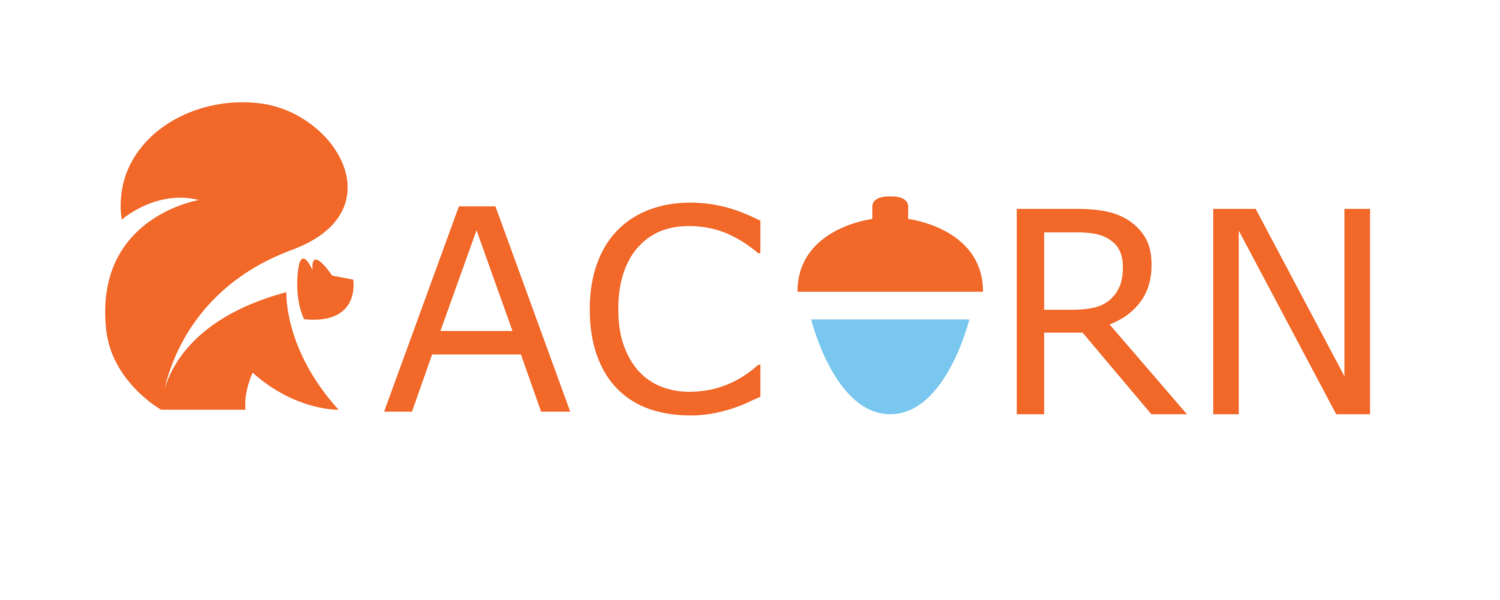Recently, there were rumblings among gamers in the industry who were rattled by Ubisoft’s executive Philippe Tremblay's statement that they ‘should feel comfortable’ not owning games. Undoubtedly, this sparked wider discussion throughout the industry. With the rise of subscription-based services such as Netflix, Spotify, and YouTube, it’s no wonder that there is a possibility in the future that people could shift to a similar model with games. After all, about 30 million and almost 50 million people are already subscribed to GamePass and PlayStation Plus in 2023, respectively.
According to Tremblay, as reported by Techspot, some people spent billions of hours playing on Ubisoft+ over the last few years. Millions are already subscribed to Ubisoft+, with some only subscribing for a month to try games they will eventually buy. It’s quite a common practice among gamers where someone might opt to try a game in GamePass before purchasing a copy for themselves to own. This behavior shows that people are still comfortable buying a game instead of paying for a subscription.
Shifting the industry to a Games as a Service (GaaS) model might not be a bad idea. Still, the rising issue of subscription fatigue might hinder the willingness to onboard yet another subscription, as reported by Harvard. The proliferation of Video-on-Demand (VoD) services is overwhelming, with each platform featuring a unique lineup of shows, one different from the next. This contributes to an environment where individuals are overwhelmed to simultaneously keep up with multiple subscriptions. Could this become the case within gaming where admittedly strong offerings from main platform holders such as Microsoft and PlayStation become undermined by similar or competing services from every publisher with enough capital and gusto to throw their hat into the ring?
What this means for the future of gaming is unclear. I’m not saying it’s great, but it's not entirely awful. From a publisher’s perspective, they can have a stable revenue for a long time, and players’ loyalty to a platform, which can help fund and project future investment. This could trickle down to developers too, who often suffer the fate of being bound to the huge peaks and slumps in income from their own development cycle. On the other hand, gamers don’t feel as if they ‘own’ the game, as if they bought a subscription, but owning a GamePass or PlayStation Plus can easily connect people with games they’ve never heard of, and they can play them for as long as they remain available, which is the challenge many face. Some games last long, some don’t, and we don’t know if we can play it again after a busy month of work, for example. Many people, including myself, are willing to wait months for a discount to buy a game. Subscriptions may feel cheaper, but people are also allowed to own something they bought with their money.

![Is Your Game Library Destined To Become a Subscription? [Opinion]](https://images.squarespace-cdn.com/content/v1/5b68c3b04eddec80b4c2ecdc/1707360607651-INWICX7UVIM3N4510OXU/dh477xl0avi31.jpg)